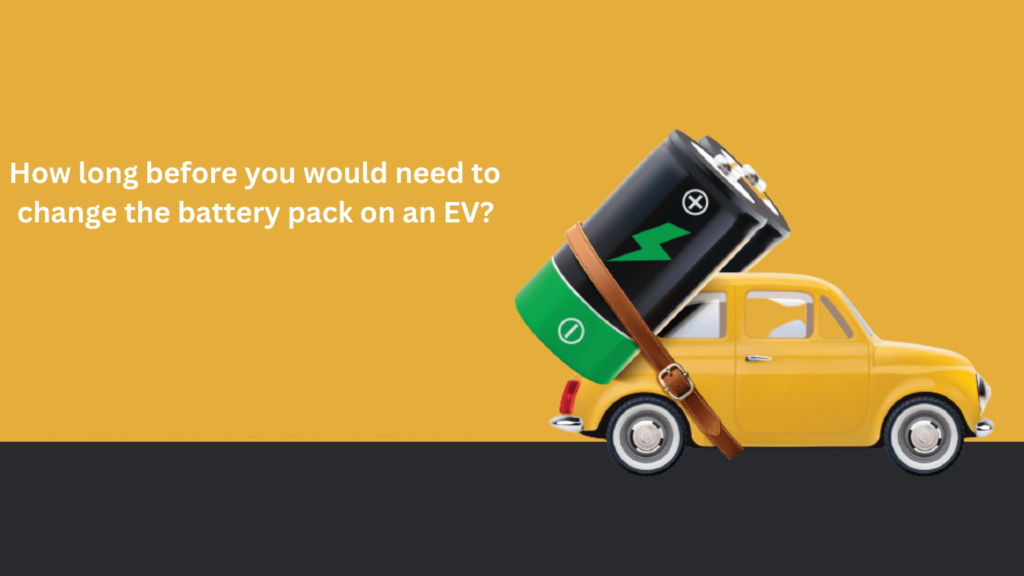Menu
Menu

Updated on May 20, 2023 | 2 min read
The battery life of an electric vehicle is proven to last long. Every battery today comes with a warranty of a minimum of 3 years and 1 Lakh km. According to the current industry, EV batteries are expected to last upto eight years. However, it should be kept in mind that the EV batteries do age with their cycle of charging and driving. The initial capacity faces minor losses during time. Taking proper care of EV batteries can reduce its chance of replacement in the long run.
Electric vehicle batteries typically last 8 years, but their lifespan can be shortened by factors such as heat and fast charging. Heat can degrade batteries faster, especially in hot climates. Fast charging can also cause batteries to overheat, which can damage them and reduce their lifespan. To extend the lifespan of your EV battery, it is important to avoid extreme temperatures and to use fast charging sparingly. The life expectancy of EV batteries also depends on the vehicle they are used in.
Tata Nexon which is one of the most selling cars in India comes with a battery with lifespan of eight years or 160,000 km, whichever comes first.
Preserving your batteries
To make your EV experience stress free you should keep in mind that almost every manufacturer provides a warranty of 3-8 years with their batteries that means you can get it replaced if by any chance some inconvenience occurs. Along with that manufacturers are also including protective measures like thermal management systems and charging restrictions.
What is your battery made of?
Gasoline-powered cars use lead-acid batteries, while electric vehicles (EVs) use lithium-ion battery packs. Lithium-ion batteries have a higher energy density than lead-acid batteries, which means that they can store more energy in a smaller space. They also hold their charge longer than lead-acid batteries.
Although lithium-ion batteries are efficient, they do not last forever. Like other parts, batteries age with use, and the cells’ ability to store energy decreases over time. This can lead to a noticeable reduction in overall battery capacity.

Content Writer
© 2024 Massive Mobility Private Limited. All rights Reserved